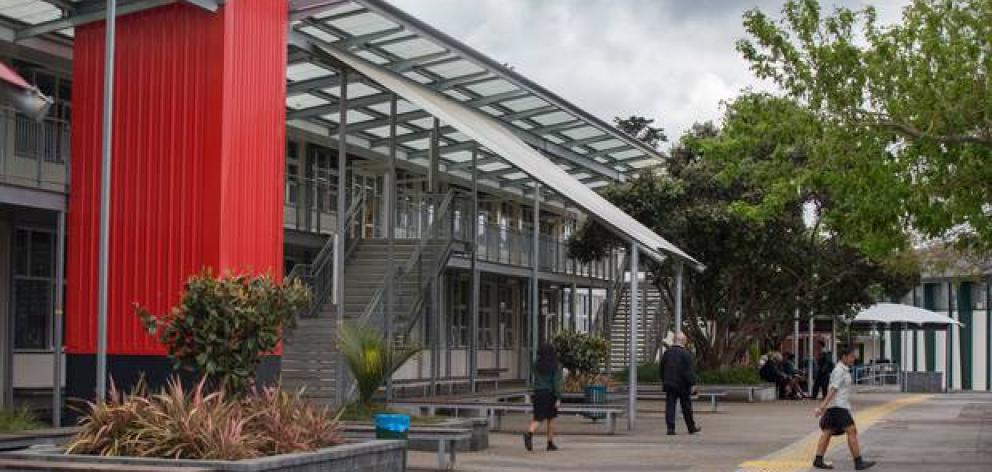
Education Minister Chris Hipkins says the Cabinet has “agreed to the in-principle replacement of deciles with an Equity Index” - a new system allocating more funds for children with risk factors such as their parents being on benefits.

The announcement confirms that the Labour-led Government will go ahead with a risk-based funding system which appears to be very similar to a proposal developed by the former National government, which Hipkins put on hold last year.
The Ministry of Education said the new index “estimates the extent to which each child grows up in socio-economically disadvantaged circumstances that we know to be associated with their likelihood of achieving in education”.
It said the index would include:
• Proportion of time the child has been supported by benefits since birth.
• Child has a Child, Youth and Family [Oranga Tamariki] notification.
• Mother’s age at child’s birth.
• Father’s offending and sentence history.
• Ethnicity.
• Youth Justice referral.
• Mother’s and father’s average earned income over previous five years.
• School transience.
The decile system, which has been in place since 1995, allocates about 3% of total school funding to schools based on the socio-economic status of the areas where students live.
In contrast, Hipkins said the new equity index would be based on anonymised data about the family backgrounds of the actual children attending each school, regardless of the socio-economic status of the area they lived in.
“The methodology has strict measures in place to protect children’s privacy,” he said.
He said a bigger share of school funding would be based on the new index.
“Currently, 2.9 percent of resourcing for schools, or around $150 million, is targeted for equity,” he said.
“However, it is clear to the Government that current equity resourcing is not enough for schools to reduce the impacts of socio-economic disadvantage for many of our students. I consider that the Equity Index should be introduced with additional funding to help ensure success for more of these students.”
The previous National Government proposed a “risk-based” funding system paying more for students who had one of four risk factors: a parent who had been to prison; if they or a sibling had suffered child abuse; if their family had relied on a benefit for a prolonged period; or if the child’s mother had no formal qualifications.
Its 2016 Budget began to implement the policy by giving schools an extra $12 million for about one in six students whose parents had been long-term welfare beneficiaries.
The targeted approach meant more than 1300 schools got less money than they would have received if the extra $12m had been allocated on the former decile-based system.
About 816 schools received more, and information on a further 242 schools was suppressed for privacy reasons because fewer than five students were at-risk.
Hipkins said last year that he planned to keep the decile-based system at least until 2020 while he reviewed National’s funding formula.
A taskforce led by former school principal Bali Haque recommended last December that funding based on student disadvantage should be doubled from 3% to 6% of total school funding, including funds for teacher salaries.
Government decisions on the Haque proposals are expected in the next few weeks.
Comments
More tinkering. I am amazed that we are rewarding schools for NOT making progress in a kid's learning. Surely, if a kid improves (year on year), then the school is rewarded with more funding makes more sense. Success should bred success- not just throwing money down a hole. PC gone mad. That is why most employers think NCEA is rubbish- not everyone in life gets a prize everytime.
The decile system is based on socioeconomic location. This has nothing to do with a child's ability. It doesn't matter what employers think of NCEA. They have a negative view of many things. It matters what students and parents think of it.












